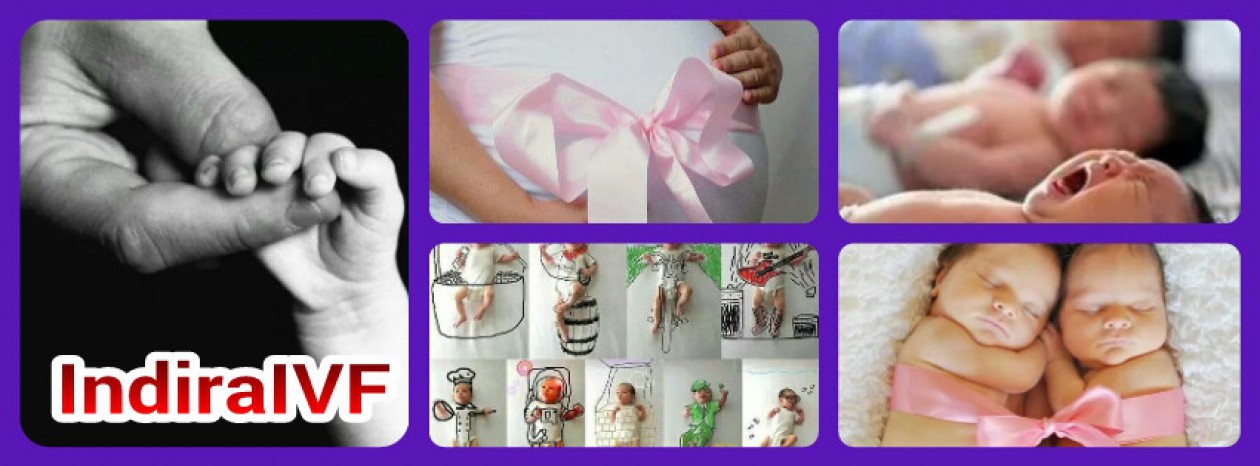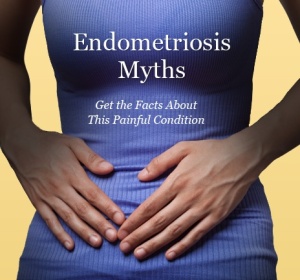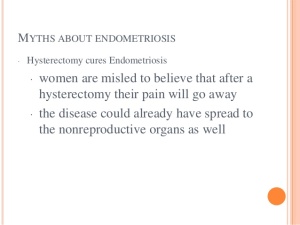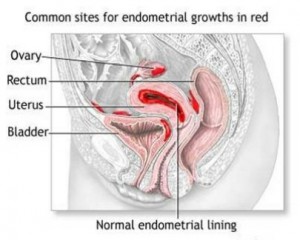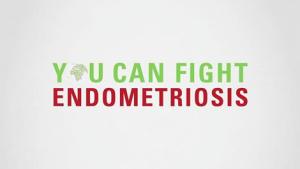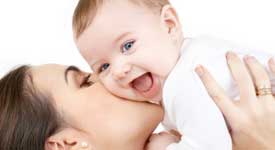Age is the most important factor affecting a woman’s chance to conceive and have a healthy child. As women ages her fertility declines. A woman’s fertility starts to decline in her early 30s, with the decline speeding up after 35. At 40 a woman only has a 5% chance of becoming pregnant in any month. This is because a woman is born with all the eggs she is going to have in her lifetime. As she ages her eggs age with her, decreasing in quality and number. The treatment options for infertility in mature women include ovarian stimulation, Ivf, ICSI and Egg donation.
Advanced age and its effect on female fertility – Pregnancy after 40 – Relation of age and Female Fertility – The risk associated in pregnancy of advanced age women – IVF for elderly women at Indira IVF, Udaipur – How does age affect conception in older women’s? – Risks and Precautions needed for Advanced Maternal age Pregnancy – Female fertility and diminishing Egg quality and quantity – Attain advanced age pregnancy with Fertility Experts at Indira Ivf
Women are born with all the eggs they will ever have. As a woman ages, her eggs age with her, diminish in quantity and quality. Age is the most important factor in female infertility. After puberty, female fertility increases and then decreases, with advanced maternal age causing an increased risk of female infertility. In humans, a woman’s fertility peaks in the early and mid-20s, after which it starts to decline slowly, with a more dramatic drop at around 35. The relationship between age and female fertility is popularly referred to as a woman’s “biological clock”. When a woman reaches an age where fertility is commonly understood to drop, it can be said that her biological clock is ticking. However, the exact estimates of the chances of a woman to conceive after a certain age are not clear, and are subject to debate.
Late pregnancy is becoming more common in our society.
There are several reasons why many couples choose to have baby after establishing strong relationships and achieving financial stability. Also, a growing number of late and second marriages are playing a major role in delayed pregnancy. Wide availability of contraceptives available in the market helps to achieve pregnancy later. Furthermore, there may be a delay in the search for a suitable partner, or partner may have a health problem that should be solved first. The shift in motherhood period can be attributed to the current generation of women who are more career and education oriented. Most of them prefer to settle down with a family once they have secure job and financial stability.
Impact of age on female fertility:
In very few rare cases pregnancy in women aged 50 years and above is recorded naturally or with advanced fertility treatments, the fact remains that fertility decreases with age. Reduction occurs gradually throughout the woman’s reproductive life, and it becomes faster apparently over the age of 30 years and it accelerates between 35 and 40 years so that fertility to 45 years is very close to zero. Most women can conceive and give birth to a healthy child in due time with nature, but the number of women who will suffer from infertility, miscarriages, or the development of fetal abnormalities increases rapidly after a certain age.

Learn from the specialists in assisted reproductive technology about different ART related treatment options with Best IVF Cost in India at http://indiraivf.com/#service-plans
The risk of miscarriage also increases with age, that is, the risk of miscarriage at the age of 40-44 years is 35%. Moreover, mature maternal age is associated with increased risk of chromosomal abnormalities in children. Older women are also at risk of gynecological complications during pregnancy . According to the National Institute for Health and Clinical Excellence about 94 out of every 100 women aged 35 who have regular unprotected sexual intercourse will get pregnant within 3 years of trying. For women aging 38, only 77 out of every 100 will do so.
From a purely biological perspective, it’s best to try to start a family before you’re 35 years old. Men can remain fertile for much longer than women. Even though male fertility also declines with age, it tends to happen gradually for men. The father’s age can also impact on chance of conception, time to pregnancy, risk of miscarriage and the health of the child.
Age is not something we can control. But if you want a baby or another baby, and you’re in a relationship, you can have a conversation with your partner sooner rather than later.
Why does fertility decrease with age?
It’s well known that fertility in women reduces with age. It’s the egg, its quantity and quality reduces with aging in women.

Following contributes to the decrease in fertility in women.
- The aging of the ovaries – the most significant factor. It is part of the normal age-related changes that occur in organs and tissues. Most women have about 300,000 eggs in the ovaries at the end of puberty. With the release of each egg during ovulation, we have 500 eggs that do not mature. By the time a woman reaches menopause, which usually occurs between the ages of 50-55 years, there is only a few thousand of eggs remaining. With the aging of women, remaining eggs in her ovaries also age. Grown old eggs are exposed to DNA damage, as the system of DNA repair wear out. This makes it less suitable for egg fertilization and the resulting embryos are poorly capable of implantation. The development of follicles is mainly due to genetics. With age, fertilization is associated with an increased risk of chromosomal abnormalities (such as Down’s syndrome). The risk of chromosomal abnormalities in women aged 20 is 1/500, whereas among women aged 45 it is 1/20.
- Gynecological problems – abdominal infections, damage to the pipes, endometriosis, fibroids, ovulation problems, etc. also become more frequent with age. Also there is the possibility of premature menopause. With the aging of women, there is increase in the diseases that have a negative impact on her fertility.
- Sexual function – libido, frequency of sexual relations, etc are also declining with the age. There is information that the ability to implant endometrium declines with age. The aging process is influenced not only by women but also to men, but to a much lesser extent. Age affects sperm quality and frequency of intercourse. There is no fixed age limit when men are no longer able to conceive a child.
Identification of infertility in older women
It is recommended to seek an advice from your health care specialist as soon as possible when you want to start planning for pregnancy with advanced age. The testing and treatment suggested should be started without delay. To assess the potential of fertility in adult women different types of blood test can be applied to investigate the level of hormones (FSH, LH, estradiol). Risk of miscarriage and chromosomal abnormalities due to increased age must be explained to the couple. Other potential complications of pregnancy such as blood pressure, bleeding, and diabetes should all be considered.
Learn from the couples who has experienced infertility in old age and the success of their treatment at https://www.youtube.com/watch?v=kb9jkMmzyBs&spfreload=10 #IVFTreatmentIndia

The treatment options for infertility in mature women
Assisted Reproductive Technologies play a major role in achieving parenthood for elderly women’s. For the treatment of infertility in adult women in the premenopausal or menopausal age there are very limited options. Advanced age mother react poorly to ovarian stimulation. Even with the ivf treatment the chances of giving live birth is less as compared to younger women’s. In addition, more mature women are at risk for health problems during pregnancy and childbirth, such as gestational diabetes, placenta previa, peeling, caesarean section, premature birth, blood clotting, etc.
Ovarian hyperstimulation: Medication is used to stimulate the ovaries. This will cause the body to release more eggs than normal, increasing your chances of getting pregnant. However, the older a woman is, the lower her chance of pregnancy with this method. Older women, particularly those over 40, should consider IVF after only one or two unsuccessful cycles of ovarian hyperstimulation.
In vitro fertilization (IVF): Eggs are removed from the ovaries and are fertilized with sperm in a laboratory. A fertilized egg is then transferred to your uterus, with the hope that it will implant itself. IVF offers higher pregnancy and live birth rates than ovarian hyperstimulation. Like ovarian hyperstimulation, the chances of success diminish with age.
Intracytoplasmic sperm injection (ICSI): A laboratory-based procedure, intracytoplasmic sperm injection (ICSI), is used with IVF if the eggs have a hard shell and/or sperm problems are a factor. ICSI involves injecting a single sperm directly into the egg’s core. When IVF is an option and certain genetic abnormalities are suspected, pre implantation genetic diagnosis (PGD) – examination of a single cell from a developing embryo – can help identify affected embryos so that they are not transferred.

Egg/Ooctye donation: it is required when there are no eggs available or pregnancy is unlikely due to their number, age or condition. With donor IVF, eggs are retrieved from a young female whose follicles have been stimulated by fertility medications. If they are fertilized in the laboratory by the male partner’s sperm, the embryos are transferred into the recipient’s uterus, which has been prepared by fertility drugs. For a woman without many eggs left, this may be the only effective treatment; pregnancy rates associated with oocyte donation are significantly higher than those associated with ovarian hyperstimulation or in vitro fertilization alone.
Some pregnancy complications become more likely when you use assisted reproductive technologies, including the risk of having twins or triplets. Women carrying multiples have a higher risk of pregnancy loss, preterm birth and complications.
To improve the performance of IVF among older women, some clinics recommend assisted hatching, embryo transplant in the embryonic bladder, pre-implantation genetic diagnosis and transplant of high quality embryos. The best option for elderly women is to use donor eggs from a young donor. The option of Embryo donation and the help of surrogate mothers using sperm of the biological father and donor eggs can also be considered.

In today’s lightning-fast lifestyle, where many couples are career-oriented and could barely manage spare time, the cases of infertility are on the rise due to excessive work-related stress, irregular eating habits and various other reasons. There are host of factors responsible for infertility. There are millions of couples who’re facing the prickly issue called infertility. Since almost three decades, Indira Infertility Clinic Specialists have helped infertile couples navigate smoothly through the often complicated process of infertility to the journey of parenthood. Indira IVF centre is the pioneer in providing affordable yet creditable infertility curation to the common people for the first time in India. We are armed with the state-of-the-art infrastructure, advanced equipments and a pool of renowned physicians. The service provided under one roof includes infertility workup, ICSI, IUI, In vitro fertilisation (IVF), Laser Assisted Hatching, Cryopreservation, Donor Program, Blastocyst Culture and Transfer, Pre Genetic Diagnosis and Screening (PGD and PGS), Sonography, Laproscopy & Hysteroscopy and Karyotyping and Chromosomal Disorders Screening.
For age related infertility information in men and women you can consult Indira Infertility Clinic Specialists at http://indiraivf.com or seek an appointment at 0 766 500 9965 to speak to us.
